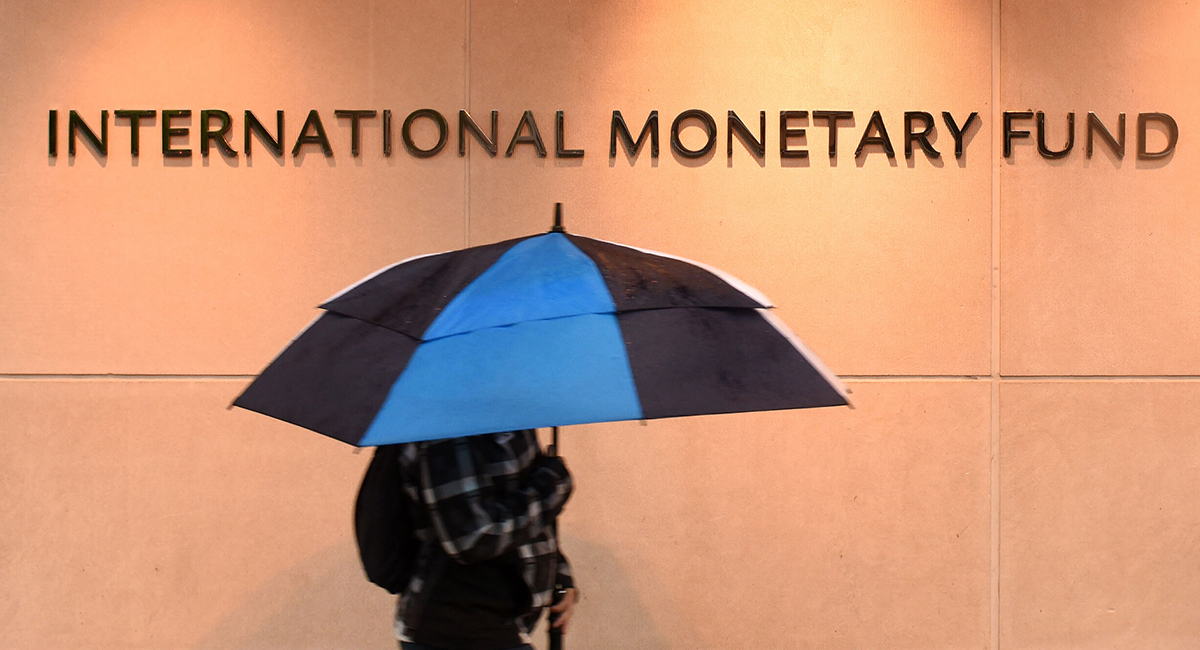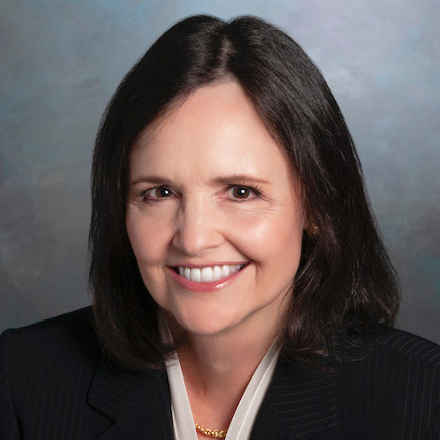The International Monetary Fund last week sharply lowered its growth forecasts for the United States and other advanced economies. Only three months ago, in July, the IMF was predicting U.S. growth of 2.2% this year. But in the October edition of its World Economic Outlook report, that figure has been cut to 1.6%. The report’s authors blame “political discontent” and policy uncertainty for the deteriorating prognosis—in other words, they’re worried about Donald Trump.
Meanwhile, the IMF is forecasting dismal 1.1% growth for the United Kingdom in 2017, which is half the 2.2% it predicted in April before Britons voted in June to leave the European Union. The downgrade reflects the fund’s opinion that uncertainty over Brexit will depress consumer spending as well as business investment and hiring.
In both cases, as IMF chief economist Maurice Obstfeld recently told the press, the problem has to do with the political consequences of sluggish economic performance. “In short, growth has been too low for too long,” he said, “and in many countries its benefits have reached too few, with political repercussions that are likely to depress global growth further.”
No one would disagree that disappointing economic results since the 2008 financial meltdown have spawned political agitation. People want change. But it’s interesting—quite telling, really—that the IMF assumes democratically determined outcomes will make things worse. Maybe a new Republican administration in the White House will actually shake up the status quo by launching a successful pro-growth economic agenda. Maybe Brexit will prove liberating and serve to enhance the U.K.’s growth potential.
The IMF plays an instrumental role in global finance, and its innate disdain for the wisdom of voters helps fan widespread political dissatisfaction. It suggests that elites, as they pursue broad economic objectives, disregard the hardship that their policy decisions impose on many average workers. The fact that some people—global financial market participants—are enriched by those same policies fuels social and political tensions.
The monetary policies enacted by the world’s leading central banks are a predominant mechanism for doling out differential financial rewards—exacerbating income inequality in the process. The Federal Reserve’s ultralow interest rates, intended to stimulate economic growth, have flooded wealthy investors and corporate borrowers with cheap money, while savers with ordinary bank accounts have been obliged to accept next-to-nothing returns.
Yet unconventional monetary policy has failed to deliver the anticipated boost to growth. Worse, the Fed’s large-scale interventions in credit and investment markets have created significant distortions that threaten financial stability. We can’t expect Main Street to passively absorb the costs of a future Wall Street bailout; there is a limit to public patience with monetary policy that not only smacks of favoritism but might also be causing more harm than good.
Mr. Trump has expressed strong views about the Fed’s dubious contribution to economic well-being. He appears to have struck a chord with voters by challenging both the model and the motives of an independent government agency that insists on exercising total discretion. Mr. Trump readily admits that, as a developer, he likes low interest rates; at the same time, he recognizes that others have been penalized by the Fed’s monetary-policy decisions. As he said in a Sept. 12 CNBC interview: “The people that were hurt the worst are people that saved their money all their lives and thought they would live off their interest, and those people are getting just absolutely creamed.”
Mr. Trump also believes that “we are in a bubble right now” and that it may well come crashing down with the next uptick in interest rates, which he says is being delayed for political reasons. Questioning the judgment of Fed officials is considered out of bounds—one is not supposed to “politicize” our nation’s central bank. But in a similarly audacious move, British Prime Minister Theresa May took on her own nation’s central bank in an Oct. 5 speech at her Conservative Party’s annual conference. “People with assets have got richer,” she said. “People without them have suffered. People with mortgages have found their debts cheaper. People with savings have found themselves poorer.”
The “bad side effects” of the Bank of England’s “superlow interest rates and quantitative easing,” Mrs. May said, have taken a toll on social and political relations. The British leader may not have caused monetary officials to bristle quite as much as Mr. Trump did with his overt charge of political bias, but her message was undeniably confrontational: “A change has got to come, and we are going to deliver it, because that’s what a Conservative government can do.”
Both Mr. Trump and Mrs. May say that the economy should work for everyone—not merely the privileged few. A nation’s government should act in the interests of everyday, working-class people. If fundamental reforms are needed to ensure that central-bank policies do not stratify citizens into winners and losers, so be it. Money should function as a reliable measuring tool and dependable store of value—not as an instrument of government policy.
It’s not as if the IMF has any new prescriptions. In a Sept. 28 speech at Northwestern University, IMF Managing Director Christine Lagarde dismissed as “pessimists” those who think central banks are not stimulating economic growth. “In my view, there is more policy space—more room to act—than is commonly believed,” she declared. “Monetary policy in advanced economies needs to remain expansive at this stage.”
Pesky voters, it seems, have had quite enough.









